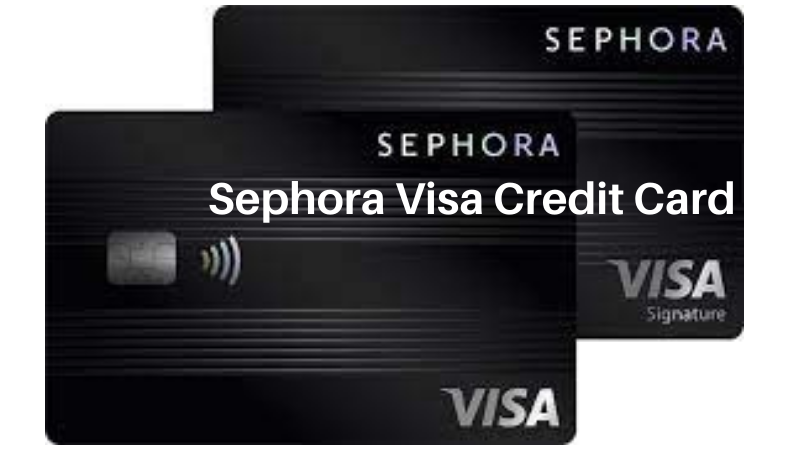What Would Be Reasonable Credit Card Processing Rates for Store-Front Merchants?

Store-front merchants have the advantage of accepting payments in a card-present environment. Face-to-face transactions occur when both the card and the cardholder are present throughout the processing of the payment, which substantially reduces the risk of fraud. A face-to-face interaction allows the merchant to examine the card’s security features and verify that they haven’t been tampered with. The merchant is also required to compare the signature on the sales receipt with the one on the back of the card. When in doubt, the merchant can request that the customer provides a government-issued ID to validate the customer’s identity.
The Credit Card Associations of Visa and MasterCard recognize the lower processing risk, associated with face-to-face transactions, and reward store-front merchants with lower interchange fees. Interchange fees are the fees that card issuing banks collect from each transaction that involves one of their cards. For card-present transactions, interchange fees can be lower by anywhere from a quarter to a half percent, compared to card-not-present transactions. The transaction fee that a merchant is assessed is the sum of the applicable interchange fee charged by the card issuing bank, and the processing fee charged by the acquiring bank.
In addition to transaction processing fees, merchants are typically charged fixed monthly fees for using their payment processing accounts (merchant accounts). Following is a breakdown of card-present merchant account processing rates and fees and our suggestions as per what they should be:
- Transaction processing fees.
- Interchange-plus pricing structure. With this pricing model, your processor will add a surcharge to all transactions. The surcharge will be the same for all transactions, but your overall processing fees will vary, based on the applicable interchange fee. A reasonable interchange-plus surcharge would be 0.35% + $0.15 per transaction.
- Tiered pricing structure. With this pricing model, your processor will set two or three rates (qualified, non-qualified and sometimes mid-qualified). Each transaction will be processed at one of these rates, based on a pre-defined set of criteria. The tiered processing fees are comprised of two components:
- Discount rate. Discount rate is a percentage of the transaction amount. You should pay no more than 1.69% for credit cards and 1.40% for debit cards. These are the rates for consumer cards which are the most widely used. Various business-to-businesses, commercial, rewards and other types of cards get processed at higher interchange rates.
- Transaction fee. Transaction fee is a fixed dollar amount that you pay for each transaction. You should not accept anything higher than $0.25 (it will most likely be the same for debit and credit cards).
- Set-up fee. Charged for setting up your merchant account. You should not be paying any set-up or application fees, even if your prospective processor attempts to convince you otherwise!
- Monthly maintenance fee / monthly statement fee. Most processors will charge you such a monthly fee, although they may have different names for it. You should not be paying more than $10.
- Customer service fee. This is another monthly fee that you should not agree to be paying.
- Monthly minimum fee. Most processors will set a minimum amount of processing fees that they would want to be collecting from you each month. So if your monthly minimum fee is $30.00 and your monthly transactions generate $15.00 in processing fees, your processing bank will charge you additional $15.00. Be advised that neither the interchange fees, nor the other fixed monthly fees count towards your monthly minimum fee.
In order to accept card payments, you will need a credit card terminal and your processor may provide you one and configure it to work with their system. You should also be allowed to purchase the terminal from a third-party vendor. Make sure that you carefully review the merchant processing agreement in its entirety for fees that may make card payment acceptance more expensive than it seems. All agreements will include provisions for chargebacks, bounced checks, representations, etc.
Image credit: New.edu.


